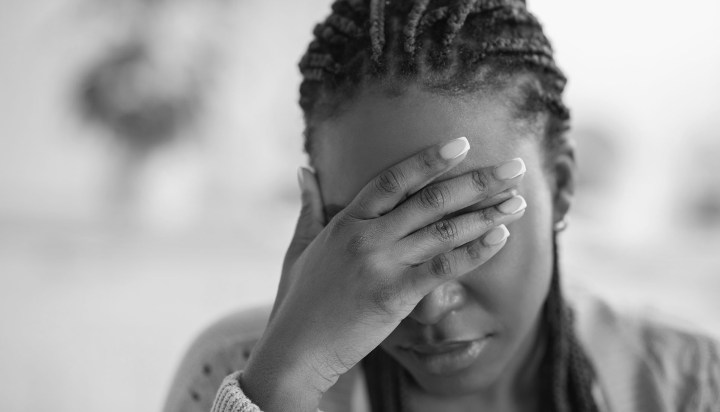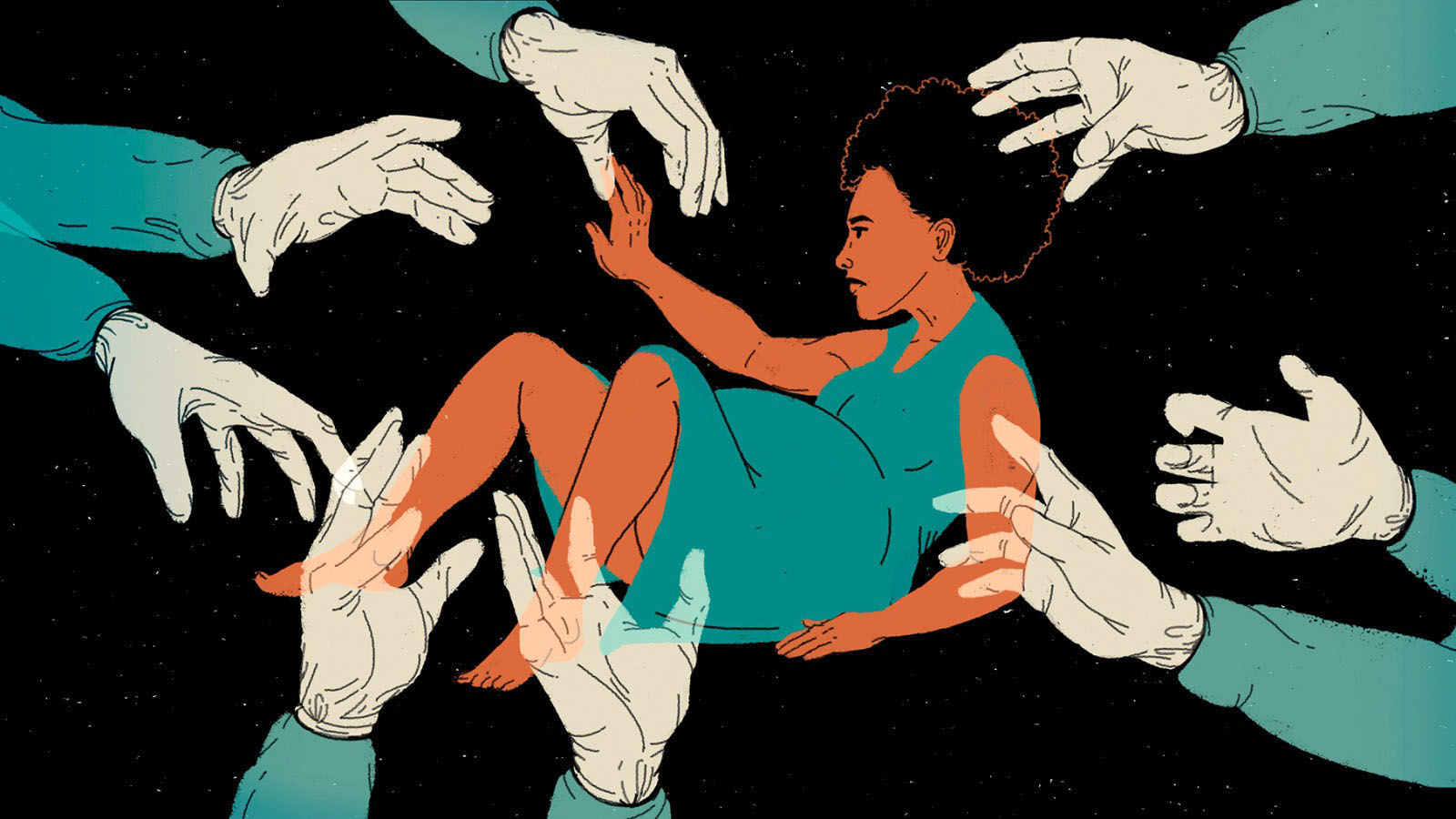MATERNAL RIGHTS
Obstetric violence must be reframed as human rights violation in Africa — former UN Special Rapporteur

‘We have seen in research midwives saying no midwife hasn’t slapped a patient, it’s even part of their training,’ says activist and founder of Women’s Aid Collective.
“Was I there when you got pregnant, did I tell you to open your legs?” pregnant women often hear these kinds of sentiments in public health care centres in Africa during, before, and after childbirth.
Joy Ngozi Ezeilo, founder of Women’s Aid Collective and long-time activist says along with neglect, “verbal and physical abuse towards women trying to access reproductive health services is a regular occurrence in Africa,”
Ezeilo, who is also a dean of the Nigerian University School of Law, was the guest speaker at the 11th Annual Helen Kanzira lecture in the Western Cape on Wednesday.
The theme this year was “Obstetric Violence: A Public Health Menace and a Human Rights Challenge in Africa”. Every year, the lecture focuses on a contemporary issue surrounding women’s sexual and reproductive rights.
“Mistreatment and violence against women… and during childbirth, have long-lasting scars on women. The taboo and the silence surrounding this issue have allowed this violation to go on for far too long. Widespread violence and mistreatment of women during childbirth are human rights violations, and… they are not isolated incidents or sporadic episodes.”

Pregnant women experience institutionalised psychological, physical abuse and neglect from health practitioners which can lead to post-partum deppression, trauma and death. (Photo: vice.com / Wikipedia)
According to Ezeilo, it is part of the continuum of gender-based violence that occurs within the wider context of structural inequality, discrimination, patriarchy, and other social norms. Labour is one of the moments in which women are most vulnerable, requiring attention, assistance, and care. However, this is often laced with violence in hospitals.
Helen Kanzira was an activist who fought for the advancement of human rights in South Africa and her home country of Uganda. She was one of the first people to attain an LLM in Human Rights & Democratisation in Africa (HRDA) programme at Pretoria University. She died in 2007 at the age of 38 due to complications from childbirth in Uganda.
“Until her death, she continued to pursue a noble struggle for equality and the advancement of human rights. The Helen Kanzira Annual lecture was instituted in her honour for the bravery, selflessness, and vibrance that she embodied throughout her life. The lecture serves as a way of commemorating her memory, protecting her honour, and admiring the values that she stood for,” said Usang Maria Assim, acting Project Head of the Children’s Rights Project, Dullah Omar Institute.
Visit Daily Maverick’s home page for more news, analysis and investigations
Erica Denairo, 40, was excited to give birth to her twins but the experience became traumatic when her hospital stay became prolonged as her children were born prematurely. She says she was mistreated in the hospital, verbally abused, and told to go to private care if she wants to be treated softly. The worst for her was when they put the feeding tube in the wrong place during her son’s feeding when he was five days old and it went into the child’s lungs, not the stomach, creating lifelong complications for him.
“Nobody told me anything… I was always with one of the children, not the other so I overheard the nurses speaking about what they did to my child, so now he is allergic to formula milk and had many complications such as constantly vomiting and having to be on the drip,” said Denairo.
Ignoring and not communicating with women before, during, or after childbirth is part of the definition of obstetric violence according to Ezeilo:
“They just look at them, no communication… being in labour, you will cry and ask for help but be ignored. Women are afraid to exercise their rights because they might get ignored as punishment for standing or even have violent retaliation. We have seen in research midwives saying no midwife hasn’t slapped a patient, it’s even part of their training,” said Ezeilo.
The violence against women accessing reproductive health services manifests itself in many ways — being denied the right to abortion, being shamed for using contraceptives, and doing life-changing procedures such as sterilisation without proper consultations so women can give informed consent.
Nokubonga Gumede, 20, failed to get a Termination of Pregnancy procedure done in Prince Mshiyeni Memorial Hospital in Umlazi, South of Durban because she was turned away several times. Many women arrive as early as three in the morning and in other facilities women sleep outside to get access to this service: Pregnant women queue all night outside abortion clinic | GroundUp
“Unfortunately I’ve gone there several times and till today I haven’t got assistance. They always say I’m late… they only take 10 people… one specific day… I was the 11th person and they still didn’t assist me,” said Gumede.
Ezeilo says accountability and a human-based approach to reproductive health for women is the best approach to get rid of the entrenched culture of mistreatment of women in African countries.
“Recognising that pregnancy is not a disease, safe motherhood must be a right enjoyed by women as part of their sexual and reproductive rights. Safe motherhood is critical to the enjoyment of rights to life. Accountability is key, and that is where we have a problem.
“Maternal health should not be false imprisonment… no person shall be deprived of their liberty is a constitutional right. And this cultural problem, compounded power relations between women and healthcare service providers, often result in ineffective communication, language barriers, staff attitude — and dismissal of women’s concern and bodily integrity.” DM/MC




















 Become an Insider
Become an Insider
Comments - Please login in order to comment.